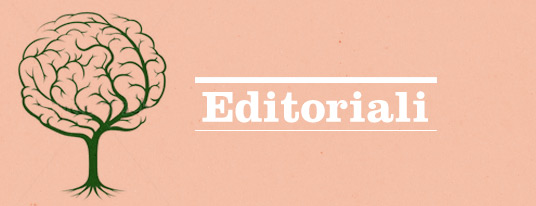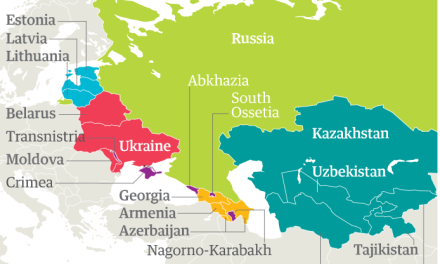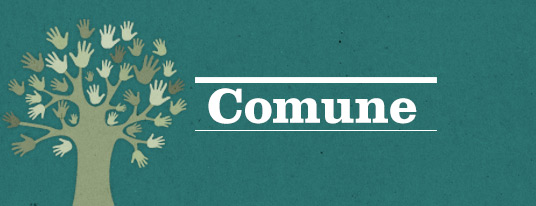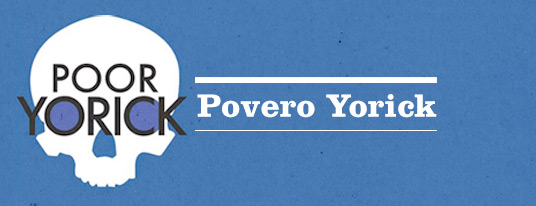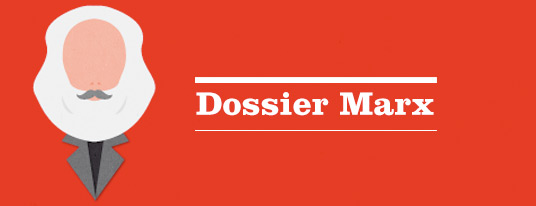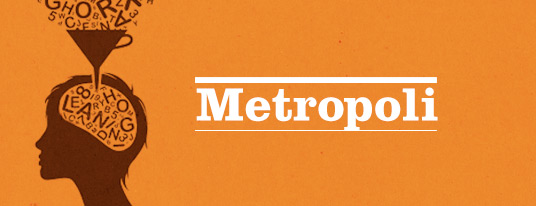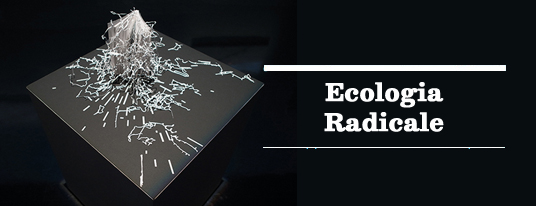by SANDRO MEZZADRA and TONI NEGRI
The lack of any direct electoral interest puts us in the best position to acknowledge the relevance of the upcoming 2014 European Parliament elections. It easy to foresee high abstention rates and a significant success of “Euro-skeptical” forces (united by the rhetoric of a return to “national sovereignty”, and by the hostility towards the Euro and the “Brussels technocrats”) in the majority of the affected countries. Things that don’t look good to us. We have long been maintaining that the existence of Europe is a fact, and that both from the point of view of normative frameworks and form the point of view of governmental and capitalist action the integration process is well beyond the threshold of irreversibility. In the crisis, a general realignment of powers – around the centrality of the ECB and the so-called “executive federalism” – has definitely modified the direction of the integration process, but it did not call into question its continuity. The single currency itself appears today stronger when viewed from the Banking Union’s perspective: contrasting the violence with which the Euro expresses the capitalistic command is mandatory, but whoever thinks of going back to the national currencies does not see the real ground on which class struggle is fought. Sure enough, today’s Europe is a “German Europe”, its economical and political geography is re-organizing itself around precise power and dependence relations that reflect themselves at monetary level, too. But only the neoliberal spell can bring people to mistake the irreversibility of the integration process with the impossibility of modifying its contents and directions and of activating within the European space the power and the richness of a new constituent hypothesis.
Breaking this spell, which in Italy is intensified by the genuine constitutional dictatorship under which we are living, means to re-discover the European space as a space for struggle, for political experimentation and invention; as the grounds on which the new social composition of workers and the poor will possibly up open a perspective of political organization. If the struggle takes place at the European level, it will definitely have the chance of directly striking against the new capitalistic accumulation regime. The issue of wage and the issue of income, the definition of rights and dimensions of welfare, the topic of constitutional transformations related to single countries and to the European constituent issue can, today, only be addressed at a European level. Outside of this sphere there is no such a thing as political realism.
It seems to us that the right-wing forces completely understood that the irreversibility of integration marks the perimeter of what is today politically thinkable and practicable in Europe. Around the hypothesis of a substantial deepening of neoliberalism an hegemonic block is taking shape, a block which presents significantly heterogeneous variants (from the not only tactical openings to Social Democratic hypothesis of Angela Merkel, to the violent conservative and repressive turn of Mariano Rajoy). Even the right-wing forces that present themselves as “anti-European” (or at least their more politically “astute” components) play this option at the European level, trying to broaden the spaces of national autonomy existing within the EU constitution and playing out on a purely demagogical level the resentment and rage that have spread among the population after years of crisis. Here, the reference to the nation shows its true nature: the transfiguration of a sense of impotence into racist aggressiveness, the defence of particular interests imagined as corner stones of a “community of destiny”. On the other hand, the socialist left, even when it is not directly part of the neoliberal hegemonic block, has a hard time to effectively distinguish itself from such a block, and to put forth innovative programmatic proposals. The candidacy of Alexis Tsipras, leader of Syriza, to the presidency of the European Commission acquires an undeniable relevance in this situation, and in many countries it meant a positive opening of the debate within the left, although in other nations (Italy in the first place) the interests of small groups or “parties”, incapable of developing a fully political European discourse, seem to prevail.
If this is the state of the art, why do we think that the European Elections, coming up in May, are so important? Firstly, because both the relative reinforcement of the powers of the parliament and the indication given by the parties of a candidate to the presidency of the Commission turn this electoral campaign into a moment of European debate, where the different forces will face the need to define and describe at least a draft of a European political program. We see this as a chance of political intervention for those who struggle against both the neoliberal spell and its corollary, according to which the only possible opposition to the current form of the European Union is the anti-European “populism”. We do not exclude in principle that this intervention could find further interlocutors among the forces moving in the electoral competition. But what we are thinking about is most of all a movement intervention, capable of taking roots within the struggles that, although with different forms, in the last month took place in many European countries (starting to involve even Germany with growing intensity). Today re-qualifying a discourse of political program is crucial, and this is possible only from within the European space, and against it. This is no time for conducting a sociological enquiry into the “technical composition of the class” (maybe in the shadow of a forcone, or pitchfork), while waiting for the messianic apparition of the adequate political composition. Neither can we expect to see any winning social movement that has not interiorised the European dimension. It would not be the first time, even in the recent history of the struggles, to see movements forced to retreat from great local experiences into jaded sectarian closures. It is necessary to immediately reconstruct a general horizon of transformation, to collectively elaborate a new political grammar and a set of elements of a program that could aggregate strength and power within the struggles, opposing to the deviations such as we witnessed in Italy over the past few weeks (where, not by chance, we saw the national flag being used as unifying symbol). Here and now, we repeat, Europe seems to us as the only space where this is possible.
One point is particularly relevant. We are bound to be affected by the violence of the crisis for a long time to come. Looking ahead, we don’t see any “recovery”, if by recovery we mean a significant reabsorbing of unemployment, the reduction of precariousness and a relative rebalancing of incomes. Nevertheless a further deepening of the crisis does not seem possible. The deal on the minimum wage that was at the base of the building of the new Grosse Koalition in Germany seems, rather, to point to a mediation point on the ground of the social wage. A mediation that could work (according to a variable geometry and geography) as a general reference criterion for the definition of a scenario of relative capitalistic stability in Europe. We are talking of a scenario, here, not of the actual reality, and moreover of a scenario of relative capitalistic stability. From the point of view of the labour force and of the forms of social cooperation, this scenario features as starting points a growing precariousness, the mobility inside and from the outside of the European space, the downgrading of relevant portions of cognitive labourers and the formation of new hierarchies within the cognitive realm, which were all outcomes of the crisis. More generally, the scenario of relative stability that we are referring to shows the full hegemony of a capital whose fundamental operations are by their nature extractive, in that they combine the persistence of the traditional exploitation with an action of withdrawal from social wealth (through financial devices but also assuming as a preferred ground of valorisation “commons” such as health and education, among others). The social movements understood, by no chance, that it is on this ground that it is possible to develop struggles capable of hitting the new accumulation regime, as they showed in Italy on October 19th.
In this scenario, it is obviously necessary to look at the specificities of the developing struggles, to analyse their heterogeneity and to measure their effectiveness in political, social and territorial contexts that are obviously profoundly heterogeneous. But it is also necessary to pose the question of how they can converge, multiplying their “local” power, into the European framework. In the meantime, the identification of new elements of program can be shaped as a collective writing of a series of principles concerning welfare and labour, the tax system and mobility, forms of living and precariousness, about everything that is related to what is expressed by the social movements in Europe. We are not thinking of a grassroots charter of rights, something to be proposed to some institutional assembly: it is, rather, a collective exercise in programmatic definition that, as the writing of the “Charter of Lampedusa” is beginning to show in these weeks with reference to migration and asylum, can become an effective tool of organization at the European level. All this without forgetting that this work can bring to light crucial inputs, useful from this very moment in the construction of coalitions made up of local and European movements, grassroots trade unions and cooperative forces, forces in movement.

